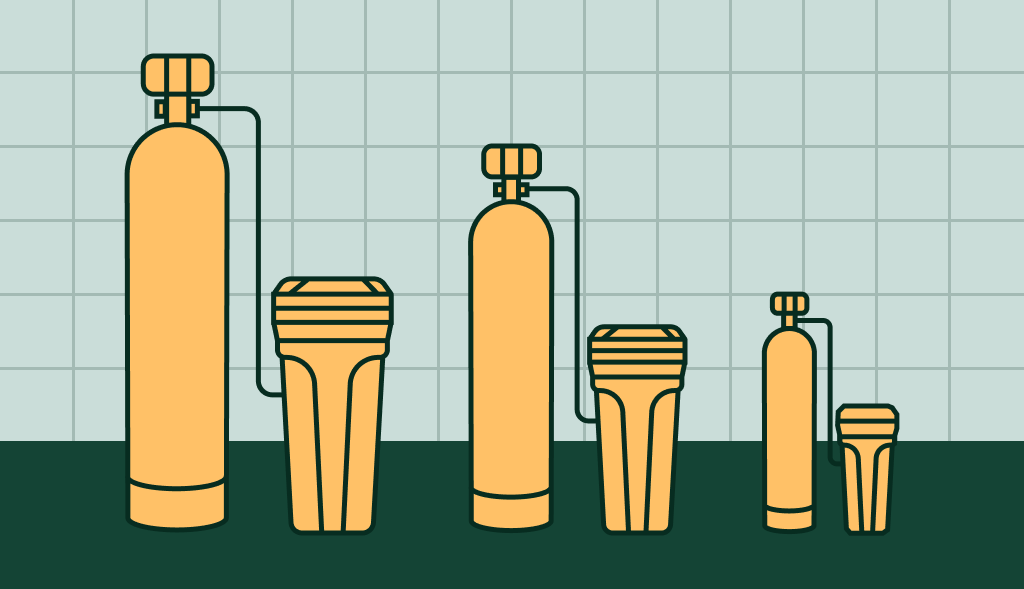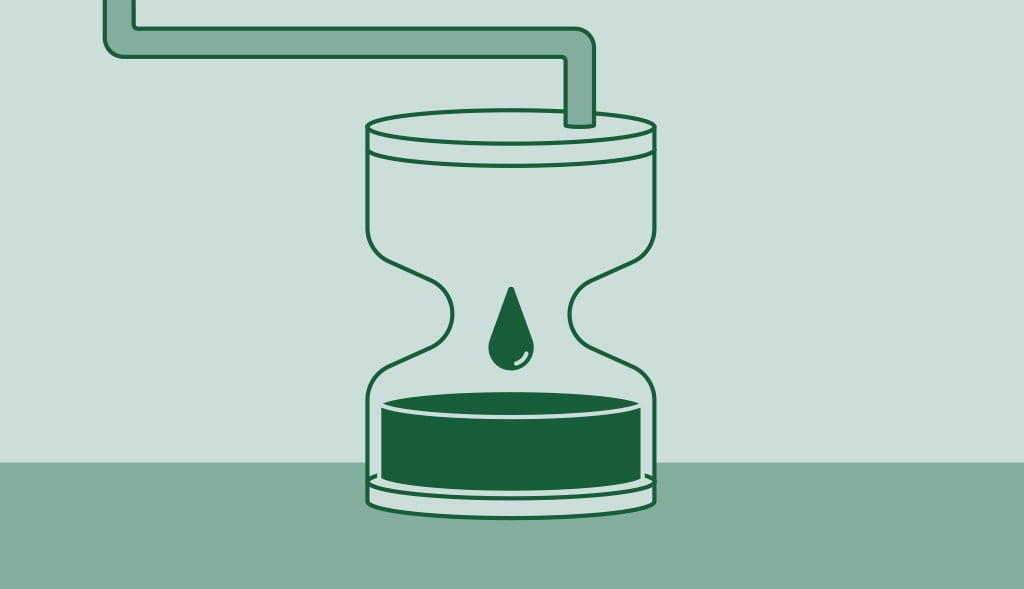How to Properly Size a Water Softener: A Comprehensive Guide

Installing a water softening system in your home requires thoughtful consideration, particularly when it comes to softener sizing. This article explains how to properly size a water softener, taking into account your household’s daily softening requirement, the number of people in your home, and your overall water usage.
Understanding the Importance of Correctly Sized Softening Systems
A correctly sized water softener ensures optimal performance, increasing the lifespan of your appliances and giving you better quality water. If your water softener capacity is too low, it won’t adequately remove the hard minerals such as calcium and magnesium from your water supply. Conversely, a water softener with too high capacity is not cost-effective and might lead to unnecessary water and salt usage.
Key Factors to Consider When Sizing Your Water Softener
Conducting a Water Test
The first step to size your water softener is to understand your water supply’s hardness level. A water test will provide the concentration of calcium and magnesium in your water, which is measured in grains per gallon (GPG). Many local utilities provide this information, or you could purchase a home water test kit.
Calculating Your Daily Softening Requirement
The next step in properly sizing your water softener involves calculating the gallons of water your household uses daily and the amount of hardness that needs to be removed.
You can estimate your daily water usage by multiplying the average gallons used per person (typically 75 gallons) by the number of people in your household. Then, multiply this figure by the GPG obtained from your water test to calculate the total grains of hardness to be removed each day.
Selecting the Right Grain Capacity
Water softeners are often categorized by their maximum grain capacity, which signifies the amount of hardness they can remove between regenerations. Common sizes include the 24,000 grain and 32,000 grain water softeners.
When selecting your softener, you should aim for a unit whose grain capacity exceeds your daily softening requirement by about 20-30%. For instance, if your requirement is 3,000 grains, a 24,000 or 32,000 grain unit would suffice.
This buffer allows your softener to run efficiently, minimizing the number of regeneration cycles, which in turn reduces the amount of salt and water used.
Considering Salt Efficiency
Another critical factor to consider when sizing your softener is salt efficiency. The amount of salt used during regeneration can affect both your expenses and the environment. High-efficiency softeners regenerate more often with less salt, which can save money over time.
Oversizing Your Water Softener: A Smart Move or a Misstep?
You might be tempted to oversize your water softener, assuming that “bigger is better”. While it’s crucial to ensure that your softener’s capacity meets your daily softening requirement, oversizing can lead to several drawbacks. An oversized softener tends to regenerate less frequently, which may seem like a good thing initially as it saves salt and water.
However, this sporadic regeneration can allow bacterial growth within the resin bed over time. Additionally, water softeners work best and are most efficient when they regenerate every two to three days, so a unit that’s too large may not operate as effectively.
Finally, an oversized unit may prove less economical due to higher upfront costs and potentially increased maintenance expenses. So, while sizing up slightly can ensure you’re covered during periods of high water usage, it’s best to avoid going for a significantly larger unit than what your calculations suggest. Remember, properly sizing your water softener is about balance – it’s finding that sweet spot between efficiency, cost-effectiveness, and meeting your household’s water softening needs.
The Connection Between Your Water Softener and Water Heater: Combatting the “Rotten Egg” Smell with Corro-Protec
While a water softener is integral to mitigating the negative effects of hard water, it can indirectly contribute to a common problem in your water heater— a rotten egg smell. This smell is the result of a reaction between the sulfates in your water supply and the magnesium anode rod in your water heater. The softened water, being rich in sodium, enhances this reaction, leading to an increased production of hydrogen sulfide gas, hence the unpleasant odor.
This is where a product like Corro-Protec comes into play. Corro-Protec is a powered anode rod designed to halt this reaction and put an end to the foul smell. In addition to controlling odor, Corro-Protec extends the lifespan of your water heater by effectively stopping corrosion. Traditional anode rods, while designed to sacrificially corrode and thus protect the tank, often succumb to the increased corrosiveness of softened water.
By switching to a powered anode rod like Corro-Protec, you can enjoy the benefits of a water softening system without any unpleasant side effects, ensuring your household water stays fresh and your appliances live a long, productive life.
Conclusion
By understanding your water hardness level, calculating your daily softening requirement, and selecting a unit with an appropriate grain capacity, you can properly size a water softener for your home. This process ensures your softener operates efficiently and provides your household with high-quality soft water.
Remember, while this guide provides a general rule of thumb, each situation is unique, and you should consult with a water treatment professional to select the right water softening system for your home.
Blog
How Does a Water Softener Work: A Detailed Explanation
Water softening is a process that can greatly improve the quality of your water and extend the life of your appliances, especially water heaters. However, […]
How Long Do Water Heaters Last? Much Shorter Than it Could!
How long do water heaters last is a very complex and difficult question to answer. We live in a society that increasingly understands the environmental […]

